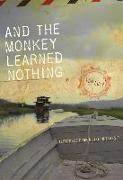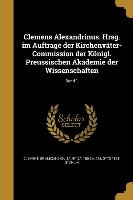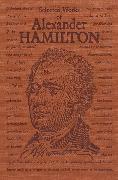World Politics and the Evolution of War
BücherAngebote / Angebote:
In this comprehensive study, international relations scholar John Weltman explores the many roles of war in world politics. With topics ranging from the development of strategic thought to the effects on war of political and technological change, from the uses of force--and threats of force--to the uses of arms control, from the prominence of war in history to its likely fate in the post-Cold War world, Weltman's analysis offers a detailed, thoroughgoing, and rigorous overview of the subject.Throughout, Weltman questions a number of widely held assumptions. To the conventional argument that the number of players in the international system determines the incidence and character of war, he responds with evidence that suggesting that the social, material, and intellectual context within which conflicts occur is far more influential. Weltman also questions the prevailing wisdom that democracies are inherently peaceful and autocracies inherently warlike, arguing instead that the propensity to wage war--and the effects of war--are largely the products of prevailing expectations: whether or not war offers a means for the cheap, easy, and decisive accomplishment of a government's objectives. And he criticizes the dominant view that conflict--even violent conflict--is psychologically "abnormal."Drawing upon the traditional distinction between wars of "attrition" and wars of "annihilation, " Weltman sees the trend toward the former--despite the anomalous Persian Gulf conflict--aslikely to continue. While this trend does not suggest the end of warfare (much less the "end of history"), it does imply the localization of conflict and the minimization of the danger of global conflagration.The "new world order, " Weltman concludes, will be far from peaceful, but the conflicts that do arise will be slow-burning and difficult to spread. Outside intervention in these conflicts will be costly.
Folgt in ca. 15 Arbeitstagen




